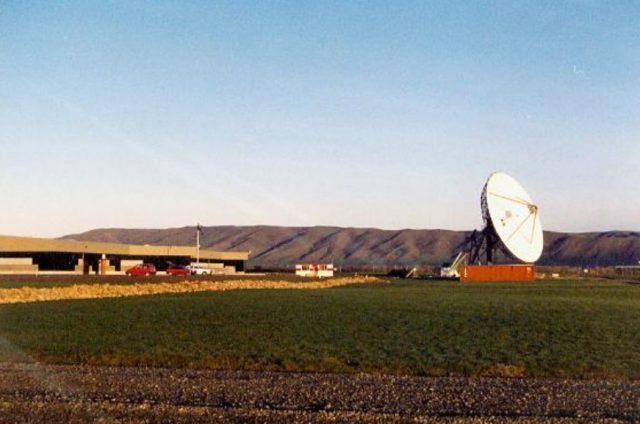The New Zealand government has decided to retire and dismantle its two Waihopai Station radomes and dishes that have provided the country with intelligence gathering capabilities for more than 30 years.
Over the years, New Zealand used the spy domes to fulfill its satellite interception mission in cooperation with Five Eyes, an intelligence alliance also comprising Australia, Canada, the United Kingdom, and the United States.
However, the government said that changes in global telecommunications and information technology mean the interception of satellite communications from Waihopai has declined over the years to the point where dish use is now virtually obsolete.
Further underscoring this decision, the government said the dishes have reached their structural end-of-life and will in the coming years require significant investment were they to remain operational.
To give a picture of their dwindling use, in the past year less than 0.5 percent of the intelligence reports produced by the Government Communications Security Bureau (GCSB) were based on dish collection from Waihopai.
Satellite communication interception is only one of the intelligence collection methods the GCSB is able to use under the Intelligence and Security Act 2017.
More modern methods collect more targeted communications, and these other forms of intelligence collection are now more effective and efficient at contributing to the government’s national security and intelligence priorities than the type of satellite communication interception undertaken at Waihopai.
The first of the two 18-meter diameter dishes and radomes was constructed and began operating in 1989, with a second dish and radome added in 1998. The dishes and radomes are expected to be removed next year.
“The nature of telecommunications has changed, and other needs and capabilities have overtaken the sort of satellite communication interception that has been done at Waihopai,” Andrew Little, the minister responsible for the work of GCSB, said.
“The retirement of the domes has been discussed with our Five-Eyes partners and does not diminish New Zealand’s unique and highly-valued contributions to the partnership. Just recently, intelligence collected by the GCSB disrupted terrorist attack planning overseas. We only share information with other countries in accordance with our own strict policies, which includes conducting human rights risks assessments.”



























